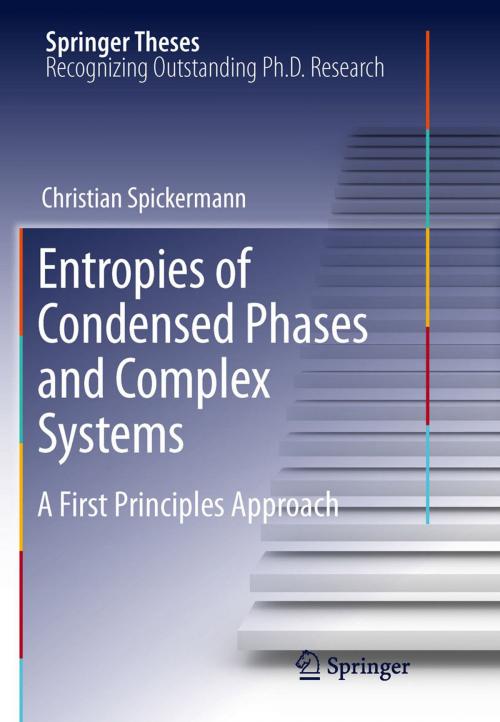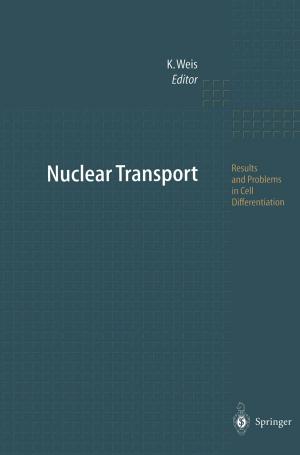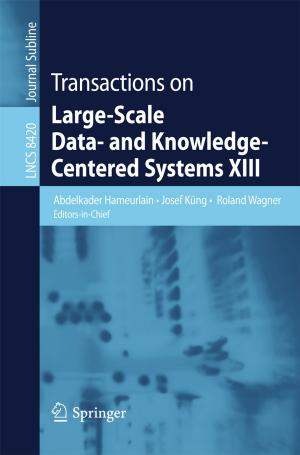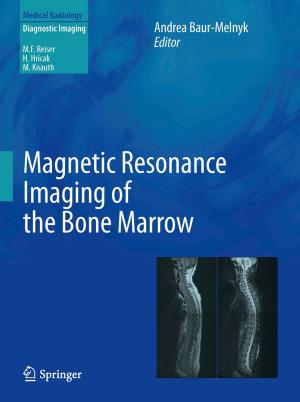Entropies of Condensed Phases and Complex Systems
A First Principles Approach
Nonfiction, Science & Nature, Science, Chemistry, Physical & Theoretical, Physics, General Physics| Author: | Christian Spickermann | ISBN: | 9783642157363 |
| Publisher: | Springer Berlin Heidelberg | Publication: | January 18, 2011 |
| Imprint: | Springer | Language: | English |
| Author: | Christian Spickermann |
| ISBN: | 9783642157363 |
| Publisher: | Springer Berlin Heidelberg |
| Publication: | January 18, 2011 |
| Imprint: | Springer |
| Language: | English |
Predicting thermodynamic quantities for chemically realistic systems on the basis of atomistic calculations is still, even today, a nontrivial task. Nonetheless, accurate treatment of inter-particle interactions, in terms of quantum chemical first principles methods, is a prerequisite for many applications, because of the complexity of both reactants and solvents in modern molecular sciences. Currently, a straightforward calculation of thermodynamic properties from these methods is only possible for high-temperature and low- density systems. Although the enthalpy of a system can often be predicted to a good level of precision with this ideal gas approach, calculating the entropy contribution to the free energy is problematic, especially as the density of the system increases. This thesis contains a compact and coherent introduction of basic theoretical features. The foundations are then laid for the development of approaches suitable for calculation of condensed phase entropies on the basis of well-established quantum chemical methods. The main emphasis of this work is on realistic systems in solution, which is the most important environment for chemical synthesis. The presented results demonstrate how isolated molecular concepts typically employed in modern quantum chemistry can be extended for the accurate determination of thermodynamic properties by means of scale- transferring approaches.
Predicting thermodynamic quantities for chemically realistic systems on the basis of atomistic calculations is still, even today, a nontrivial task. Nonetheless, accurate treatment of inter-particle interactions, in terms of quantum chemical first principles methods, is a prerequisite for many applications, because of the complexity of both reactants and solvents in modern molecular sciences. Currently, a straightforward calculation of thermodynamic properties from these methods is only possible for high-temperature and low- density systems. Although the enthalpy of a system can often be predicted to a good level of precision with this ideal gas approach, calculating the entropy contribution to the free energy is problematic, especially as the density of the system increases. This thesis contains a compact and coherent introduction of basic theoretical features. The foundations are then laid for the development of approaches suitable for calculation of condensed phase entropies on the basis of well-established quantum chemical methods. The main emphasis of this work is on realistic systems in solution, which is the most important environment for chemical synthesis. The presented results demonstrate how isolated molecular concepts typically employed in modern quantum chemistry can be extended for the accurate determination of thermodynamic properties by means of scale- transferring approaches.















